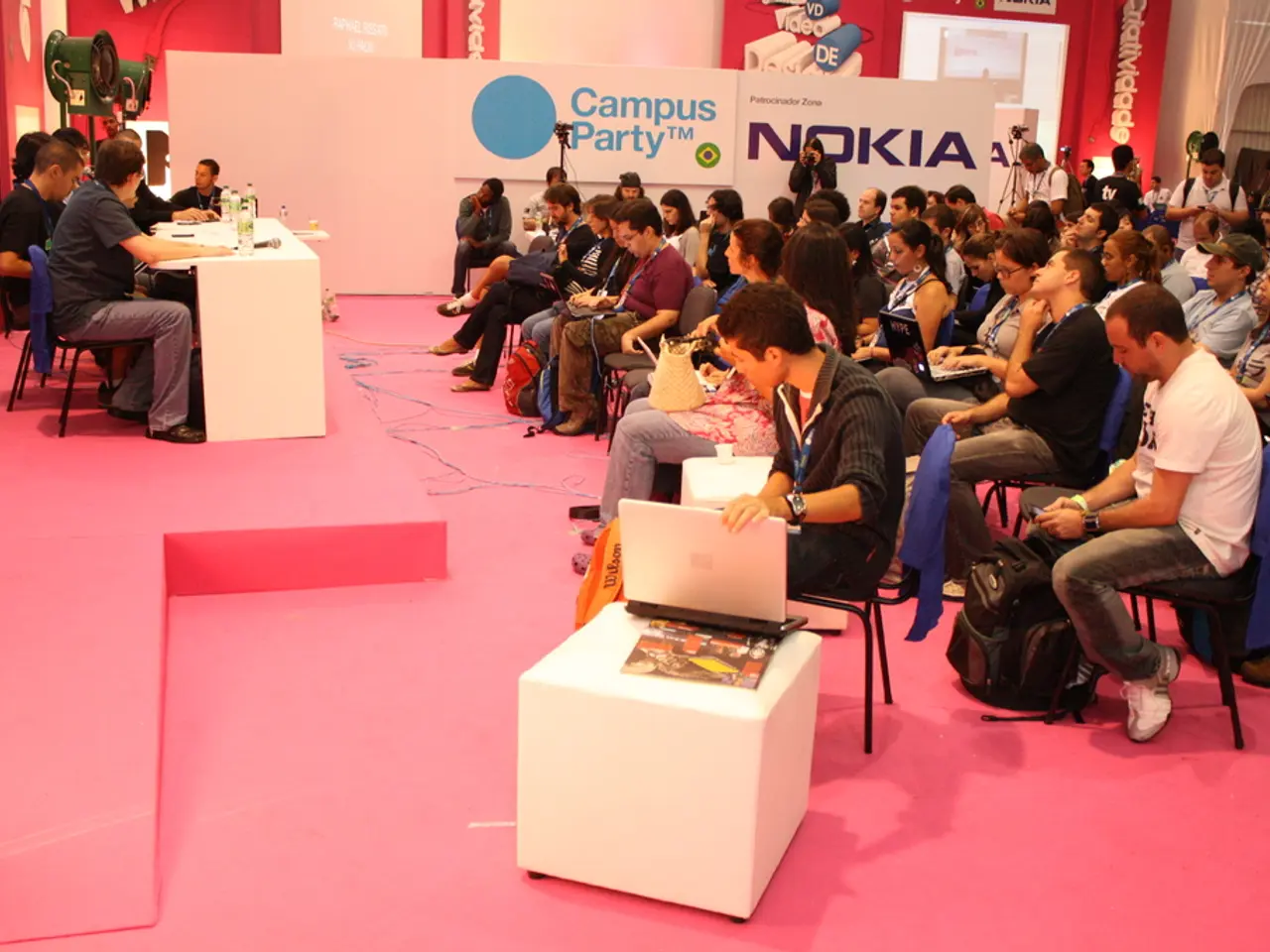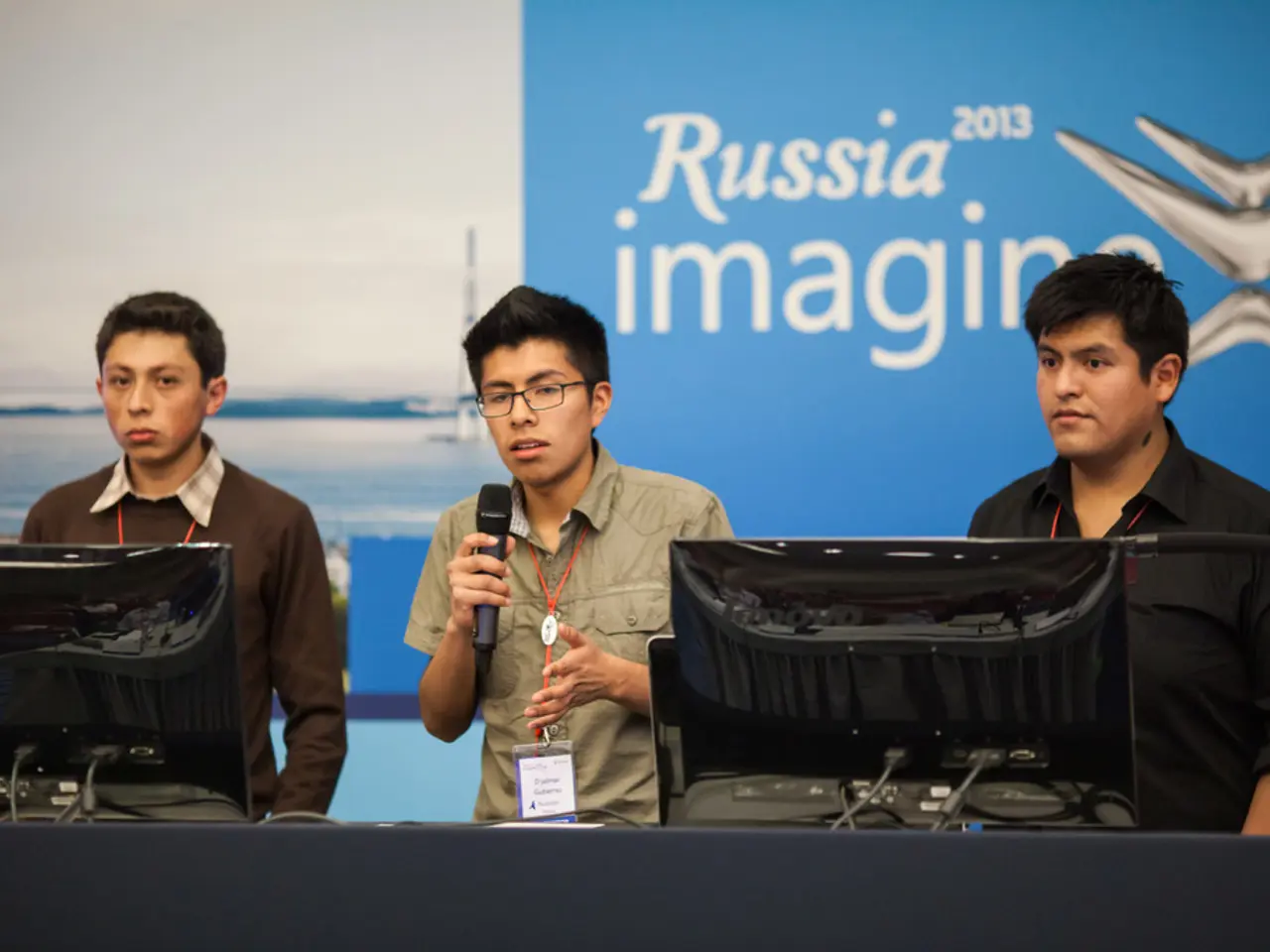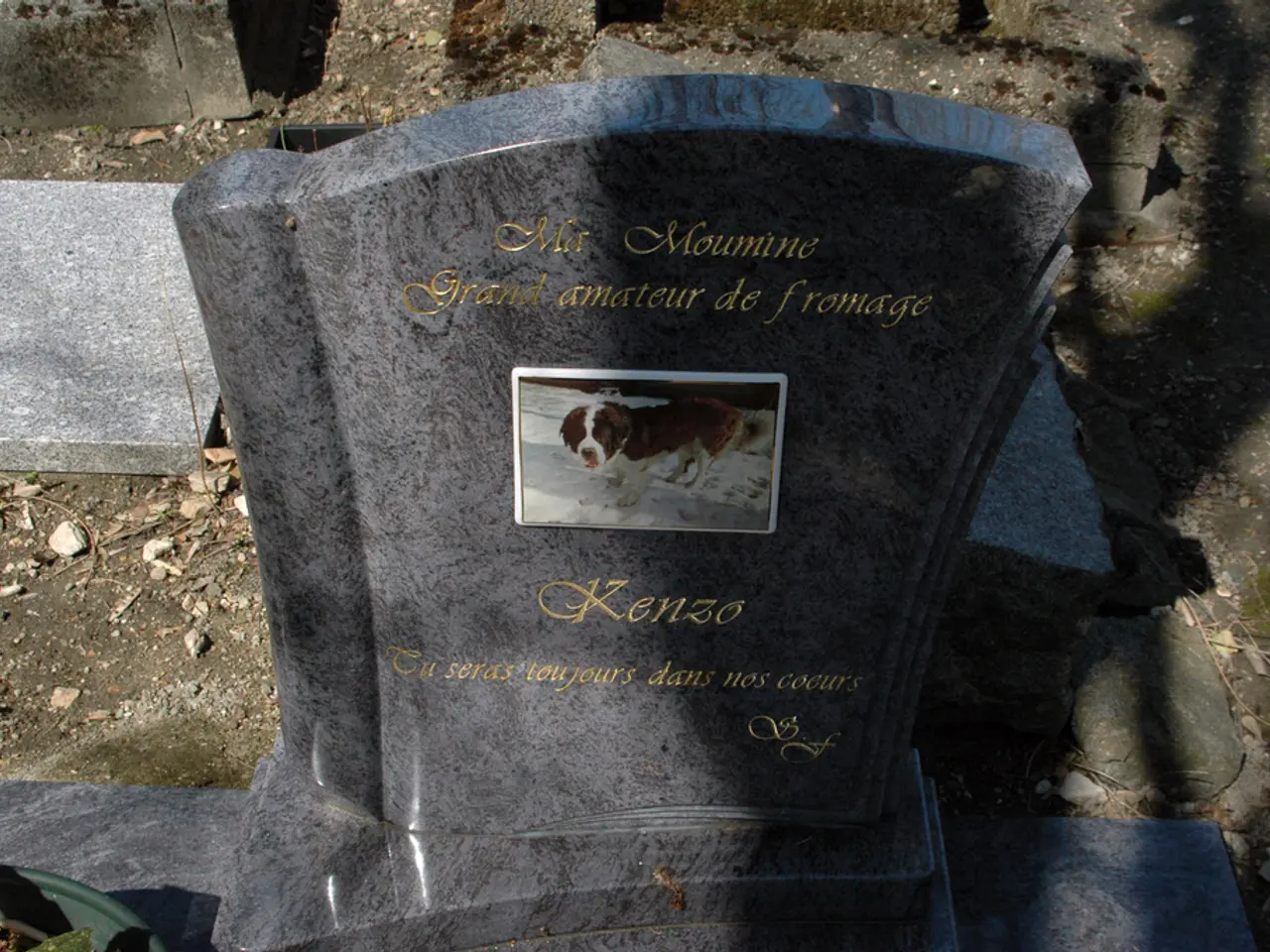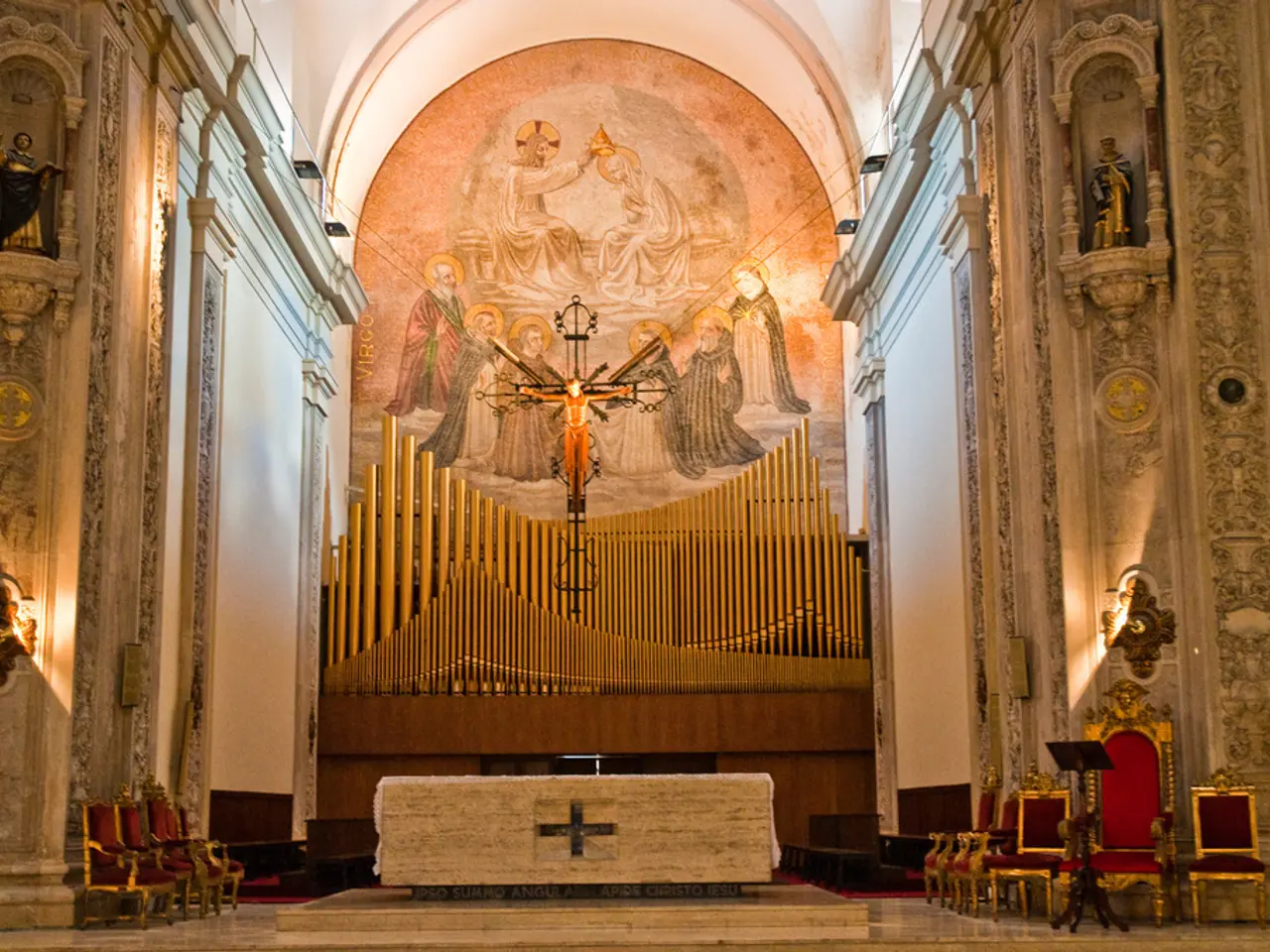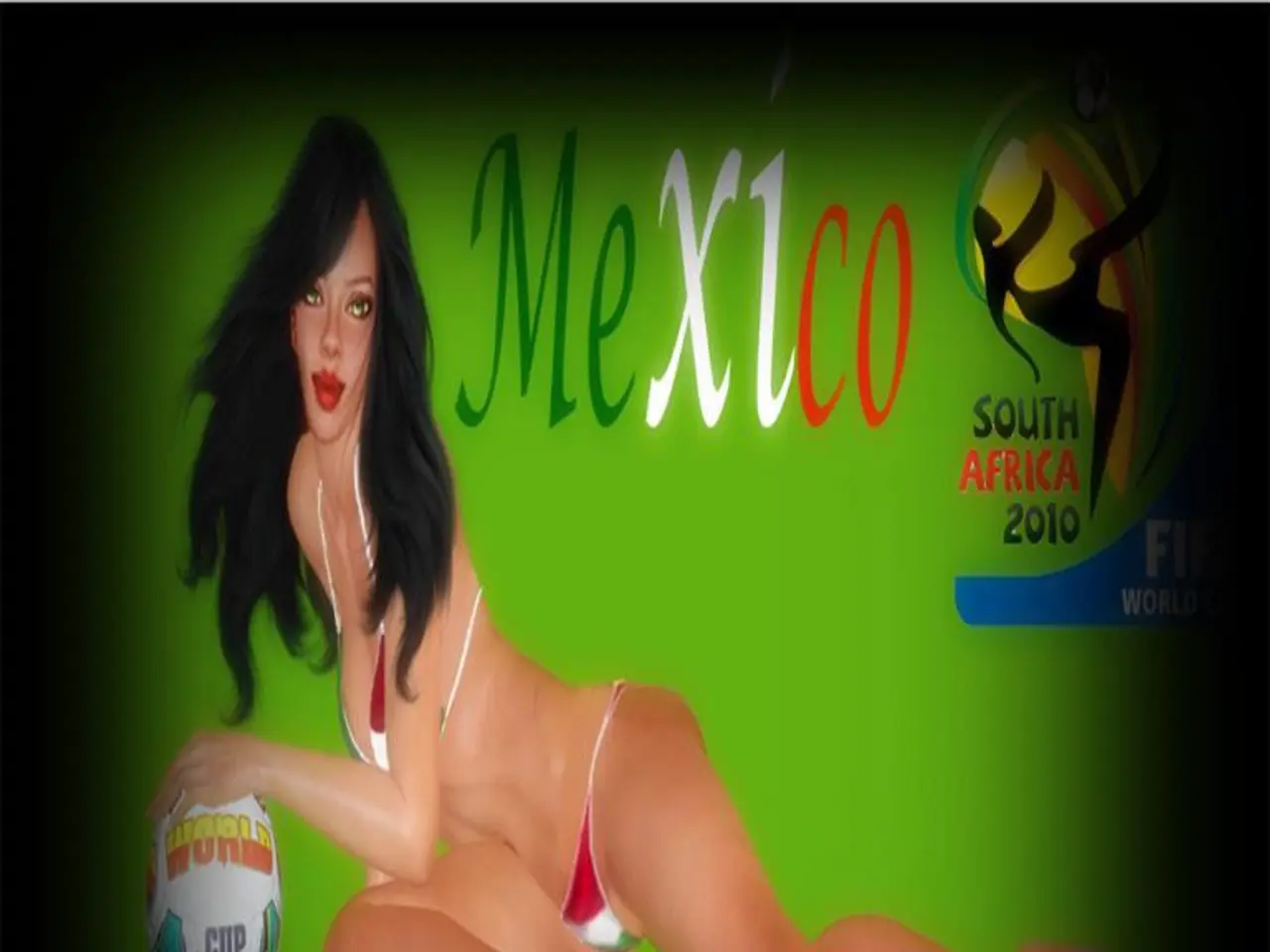Protests Nationwide Force CDU Offenbach to Cancel New Year's Celebration
In recent weeks, Germany has witnessed a surge in left-wing protests against the Christian Democratic Union (CDU), led by Chancellor Friedrich Merz. These demonstrations, which have taken place in several cities across the country, have led to heated debates about the role of protests in a democratic society and their impact on political discourse.
The protests, which have targeted CDU offices and politicians, are a response to various government policies, including military rearmament, social spending cuts, and Germany’s position on the Israel-Gaza conflict. Demonstrators have used slogans emphasizing human rights, showing an attempt to influence political discourse through public demonstration rather than anti-democratic means.
The violent protests, which have resulted in blockades, occupations, and attacks on party offices, have led to fundamental questions about their legitimacy. Some view them as a legitimate form of protest, expressing democratic engagement and public dissent within the political process. On the other hand, critics argue that they are a threat to democratic culture, hindering political discourse by silencing opponents with violence and threats.
The safety of those involved in political events has become a significant concern. For instance, the Offenbach CDU had to cancel its New Year's reception scheduled for February 7, 2025, due to security concerns related to the current political situation. However, it's essential to note that there are no concrete threats to the Offenbach CDU event, despite the concerns.
The increase in left-wing protests reflects significant political discontent but is not, based on available information, a direct threat to democratic culture. Rather, such protests exemplify democratic engagement and public dissent within the political process.
This political landscape is contextualised by broader tensions: far-right and left-wing groups are active simultaneously, reflecting polarization but also the pluralism typical of democratic societies. For example, far-right AfD leader Alice Weidel’s interview was disrupted by left-wing protestors, highlighting contentious political divides but also ongoing democratic expression.
While these protests have raised concerns about the understanding of democracy among left-wing activists, it's crucial to remember that the German political system remains functional. Public debate in the Bundestag is dominated by heated exchanges but not undermining democratic institutions. Union and academic protests also focus on budget cuts and social policies, reflecting organized civil society activism rather than anti-democratic upheaval.
In conclusion, increased left-wing protests against the CDU in Germany signal active democratic participation and political dissent. While they highlight social and policy tensions, they do not inherently threaten democratic culture but rather operate within its bounds as part of vibrant political debate. However, the potential danger of questionable methods used by left-wing activists in response to the political situation in Germany is a topic that warrants further discussion and careful consideration.
- What is the impact of the surge in left-wing protests on Germany's European league football matches?
- Recent general news reports have covered war-and-conflicts in Ukraine, but what about political crashes such as the ones happening in Germany's policy-and-legislation landscape?
- Amidst the increasing left-wing demonstrations, have there been any significant accidents in the German cities that have affected the safety of the citizens and party officials?
- The debate about the role of protests in a democratic society has expanded to include sports discussions. What are the opinions of football enthusiasts in the European leagues about these protests targeting the CDU?
- As the left-wing protests influence political discourse, are there any new legislations in crime-and-justice policies that address the increased use of violent methods in recent demonstrations?
